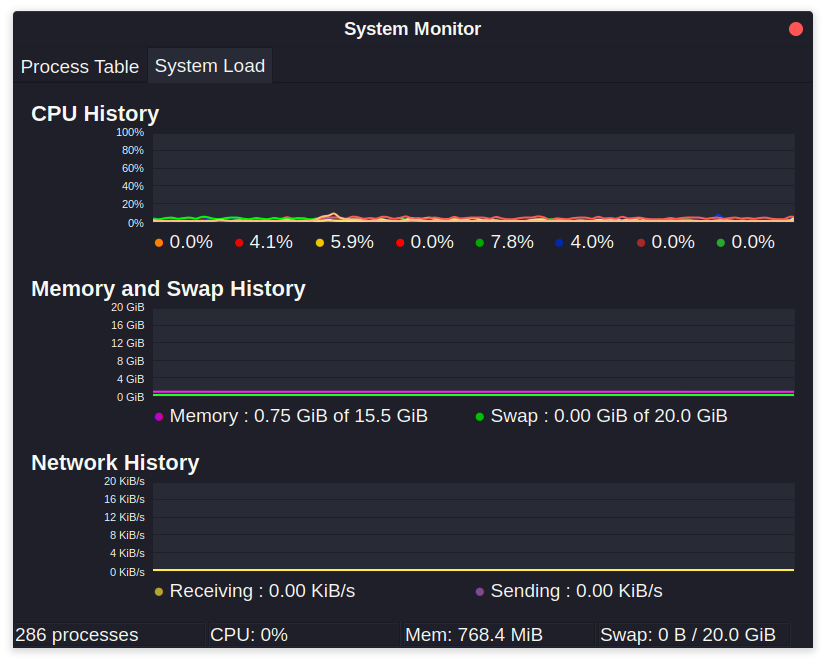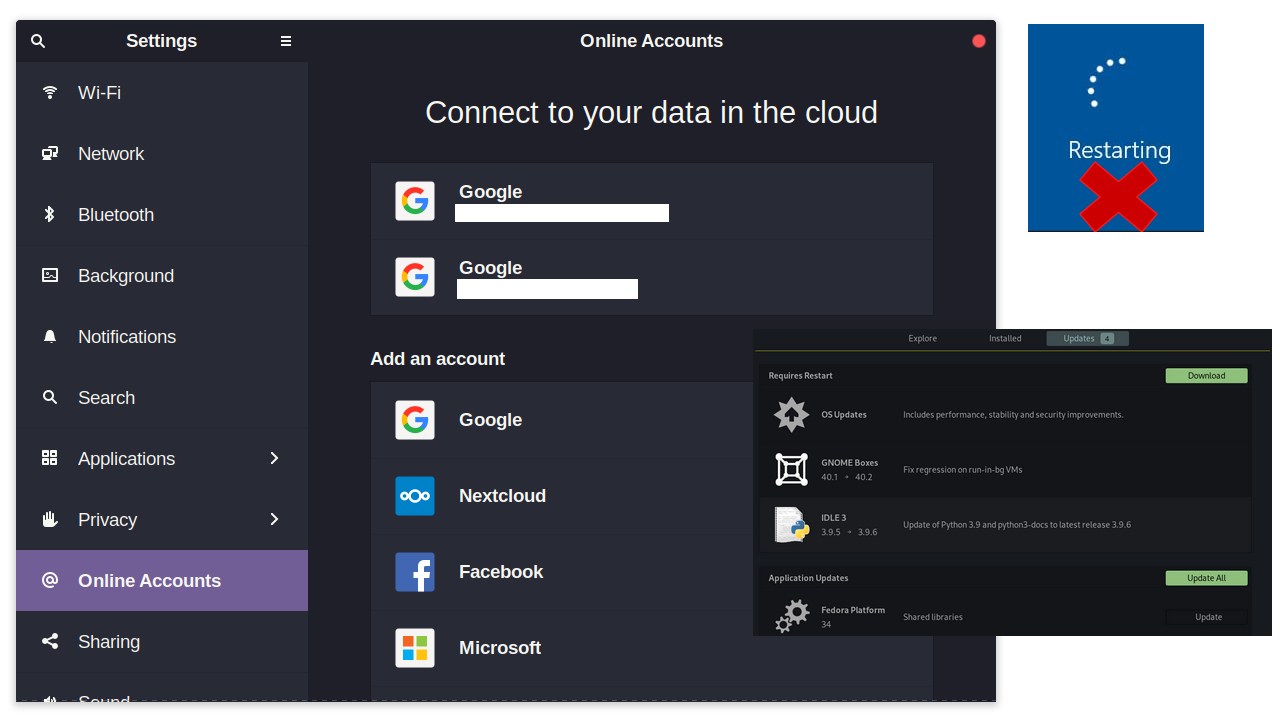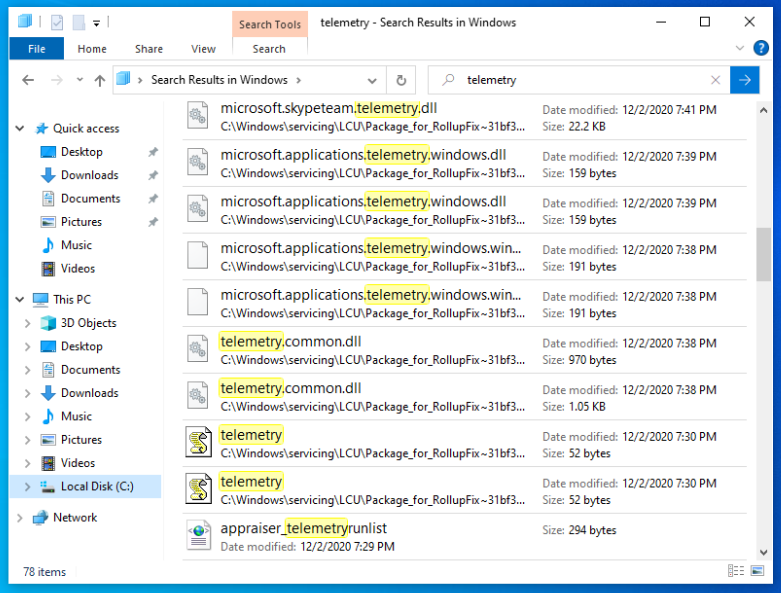What is Linux? Why should I care?
By Prithvi Vishak and Eeshaan K. B.
Created August 6th, 2021
All righty. So you found this website about Linux, and want to know more. Here it is.
What even is Linux?
Loosely speaking, Linux is an operating system. Linux refers to a kernel, which is the program at the heart of any operating system. Linux is free and open-source, meaning that anyone and everyone can see the code, modify it, enhance it, and redistribute it. Because of this freedom, groups or individuals build around the Linux kernel to make full operating systems that suit their exact needs. These full operating systems are called distributions, or distros for short.
Why should I care?
Uhh, it's free. Windows 10 Home costs ₹10,000. Microsoft Office costs an additional ₹7,500. Both have free alternatives. But there are more reasons.
Lightweight
Linux consumes less system resources compared to Windows and macOS, so it tends to run visibly faster. This is why Linux runs well even on old computers. Linux also comes with less bloat, stuff you don’t use. How many times have you used Microsoft Solitaire, Candy Crush, or Siri? How many reminders have you received to use them, or ads have you seen in the start menu? None of that on Linux. This is why Linux runs most of the world’s servers and supercomputers. And my grandpa’s potato computer (not kidding).
Linux is the only platform to run efficiently on old computers. Windows 10 doesn’t even support processors from ~2014 anymore. Windows takes ~30GB of storage right off the bat. Pop!_OS, a fairly large distro, takes about 8.8. Staggering, is it not?

The resource usage on my computer. Launch Task Manager on your computer and see yours.
Generally easy (probably easier?) to use
Many Linux distros come with features and applications built with ease-of-use in mind. For example, you can view your Google Drive or OneDrive in the files app. Updates are never forced, and you can update while you work, usually without needing to reboot. Linux is so easy to use that my grandpa uses it. I'd say that Linux and Windows are on par with each other when it comes to hardware support and drivers.
 >
>
As it turns out, Linux isn't just for programming or hacking
Ultra Customizable
You can tailor your operating system to your needs, both on the desktop and under the hood. For example, Linux has the concept of desktop environments. A desktop environment is a collection of programs, apps, icons, and other things that give you, well, a desktop with buttons and windows and widgets and whatnot. Your system under the hood can be exactly the same, but look completely different with a different desktop environment. For those of you that like tinkering around, you can have multiple desktop environments on the same system if you wanted. You could have anything from Zorin OS to Garuda Linux.
Private and Secure
Windows and macOS phone home all the time, sending your data to Microsoft and Apple. Linux either just doesn't do that, or at least gives you the option to disable it out of the box. Linux is also significantly less vulnerable to viruses and other malware, since most of it is written for Windows and mac. Linux users generally do not need an antivirus. This is one reason why it powers every Android device and Chromebook on the planet (Linux is all around you, you just may not know it).

Need I say more?
Okay, Linux is good. What now?
All right. We'd venture to say that you are skeptical of installing an OS on your main computer right away. Well, you don't have to. Most popular Linux distributions can be run off a thumb drive so that you can give them a test drive before installing them, without touching your existing setup. Some distros we personally recommend are Zorin OS, Ubuntu and its flavors, and Pop!_OS.
Zorin OS has a good tutorial on how to try it from a thumb drive. The same process can be used to try other distros too. Of course, you could try Linux on an old computer you might have lying around, to bring it back to life and get a feel for it.
I hope you found this article informative, and join us. We have a feeling you won't be disappointed. If you need any help, feel free to reach out to us, because chances are, we go to the same school or are related. The purpose of this article was to get your attention regarding the existence of Linux as an alternative operating system. Of course, Linux OSs have their issues too, but it is in the opinion of many that the benefits of using it outweigh them.
Linux is known for being rather terminal-centric. While the terminal is not strictly necessary for day-to-day things, there are still a few things that you may need to use the terminal for. Tutorials from reputed sources will tell you everything you need to know when using the terminal, though. Another pain point when it comes to Linux is hardware support, especially for the more exotic stuff out there. I personally don't face any not-easily-fixable problems, but your mileage may vary.